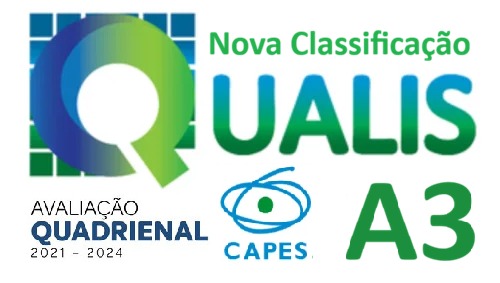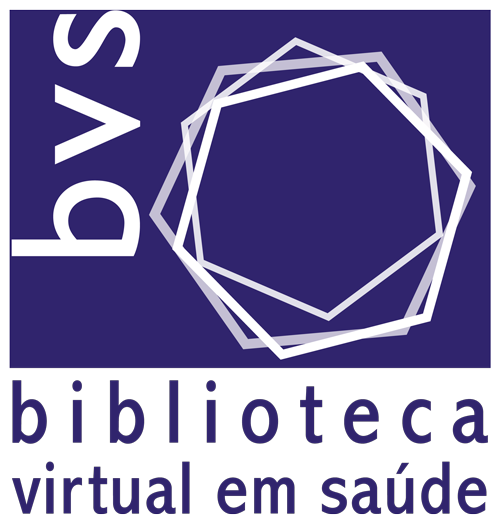Anisotropy function of a new 192-Ir brachytherapy source
DOI:
https://doi.org/10.15392/bjrs.v9i1A.1506Keywords:
Brachytherapy, dosimetry, 192-Iridium.Abstract
Brachytherapy is a type of radiotherapy that uses radioactive sources (seeds, wires, among others) close to the tumor. Is important to provide a detailed description of seed dosimetry, so only the tumor will be irradiated avoiding unnecessary dose on adjacent organs and structures. To evaluate the dosimetric parameter of the anisotropy function for a new brachytherapy source, this work proposes the use of microcube TLD-100 dosimeters to find the dose rate using the AAPM Task Group 43 protocol (TG-43). The anisotropy function represents dose distribution around the source and has a major role for characterization of a new iridium source being implemented in Brazil. The value of D(r,θ) was measured using Solid Water phantoms, r value being the distance from the geometric center of the source to the position of the dosimeter on the phantom, and θ being the angle formed between the longitudinal axis of the source and the line connecting the geometric center to the TLD. Monte Carlo calculations were performed to evaluate the anisotropy function to validate the experimental measurements. For each distance value (r), an anisotropy function was plotted (1.0, 2.0, 3.0, 4.0, 5.0, and 10.0 cm). The results obtained with Monte Carlo calculations agreed ±2% with the experimental values for r greater than 3.0 cm, so these results show a good distribution of dose around the seed considering the high energy of 192-Ir (average of 380 KeV) and encapsulation thickness.
Downloads
Downloads
Published
Issue
Section
License
Copyright (c) 2021 Brazilian Journal of Radiation Sciences

This work is licensed under a Creative Commons Attribution 4.0 International License.
Licensing: The BJRS articles are licensed under a Creative Commons Attribution 4.0 International License, which permits use, sharing, adaptation, distribution and reproduction in any medium or format, as long as you give appropriate credit to the original author(s) and the source, provide a link to the Creative Commons license, and indicate if changes were made. The images or other third party material in this article are included in the article’s Creative Commons license, unless indicated otherwise in a credit line to the material. If material is not included in the article’s Creative Commons license and your intended use is not permitted by statutory regulation or exceeds the permitted use, you will need to obtain permission directly from the copyright holder. To view a copy of this license, visit http://creativecommons.org/licenses/by/4.0/



























